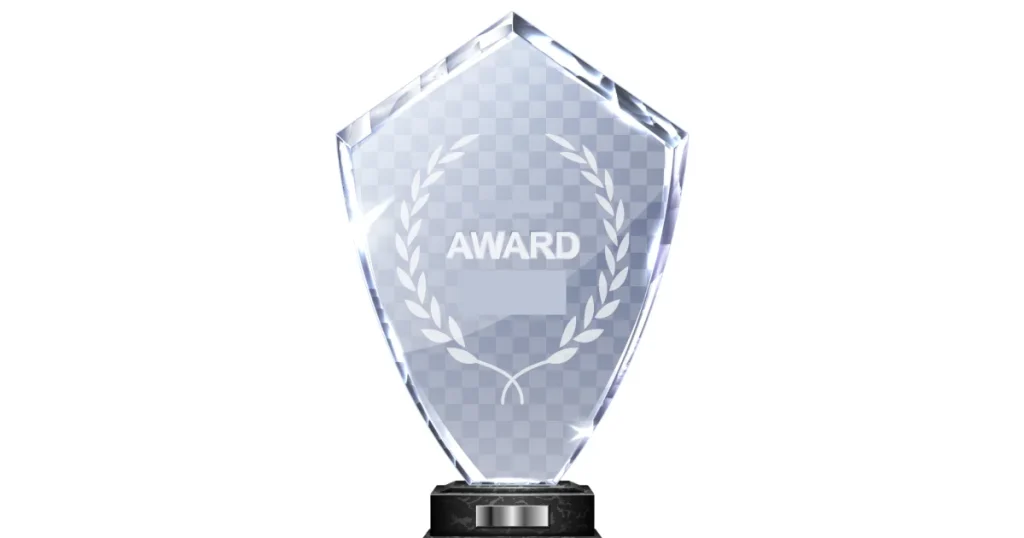The attack began without warning. In early 2021, a coordinated wave of ransomware swept through the financial sector, crippling payment systems and threatening millions of user accounts. Servers went dark, alerts flooded dashboards, and chaos rippled across the digital backbone of several institutions. Yet, in one company’s control room, a quiet calm prevailed as their systems held firm. The reason was an unassuming cybersecurity engineer named Daniel Okeye.
Okeye had built what many later described as a digital immune system which was a self-learning defense framework that mirrored how the human body detects and responds to threats. When the ransomware surge hit, his algorithm didn’t just block it; it learned its behavior, contained it, and neutralized it within minutes. That incident, now studied as a benchmark for resilience, marked the moment his name became synonymous with innovation in cybersecurity defense.
When the Nigeria Future Tech Excellence announced him as the 2023 Cyber Innovator Award winner, it wasn’t just for the brilliance of his technology but for the philosophy behind it. Daniel believed that cybersecurity should be proactive, not reactive. He often said, “A strong defense isn’t built after the breach, it is built in the moments no one is watching.” That mindset guided his creation of an adaptive defense infrastructure now being replicated across several fintechs.
His journey to that point was one of constant reinvention. Starting as a network administrator, he grew frustrated by how most companies treated security as an afterthought. He saw the same mistakes repeated from fragmented systems, untrained teams, complacency disguised as confidence. By 2018, he had begun designing smarter systems that treated every event, no matter how small, as a potential learning signal. His breakthrough came when he merged predictive analytics with behavior-based monitoring, allowing machines to learn from near-breaches before they happened.
MBeyond the professional position, his leadership stood out for its humanity. He led his team with empathy, mentoring young analysts and insisting that the sector wasn’t just a technical field but a human one. Under his mentorship, dozens of young engineers built careers in ethical hacking, data security, and AI risk management. His insistence on ethics also influenced the company’s internal security charter, a framework that emphasized transparency, accountability, and the responsible use of automation.
When he accepted the Cyber Innovator Award, Daniel used his speech not to celebrate victory, but to issue a warning. He spoke about complacency as the greatest modern vulnerability, urging leaders to see cybersecurity as “the oxygen of the digital economy which is invisible, vital, and irreplaceable.”
Daniel Okeye’s work continues to shape conversations about digital defense in emerging markets. His adaptive model has influenced national security frameworks and inspired startups across Africa to embed resilience from the ground up. For him, innovation is never about defeating hackers rather it is about outpacing fear.






















